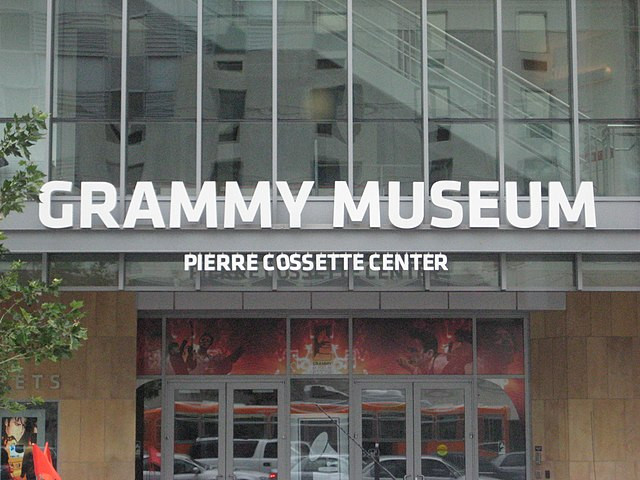Former Grammys CEO Deborah Dugan was awarded a nearly $6 million settlement following her controversial departure from the Recording Academy, an entity synonymous with the prestigious Grammy Awards. This payout, detailed in a 2021 tax filing obtained by various sources, underscores the tumultuous end to Dugan's brief but eventful tenure at the helm of one of the music industry's cornerstone organizations.
Dugan, who served as the CEO for a mere five months, found herself at the center of a maelstrom of allegations ranging from workplace bullying to more severe accusations of exposing deep-seated issues within the Academy, such as sexual harassment, questionable voting practices, and conflicts of interest among its board members.
Her dismissal, occurring just days before the 2020 Grammy Awards, was officially attributed to "management deficiencies and failures," as stated by the Recording Academy. Yet, Dugan countered with a lawsuit claiming retaliation for her whistleblowing efforts, particularly highlighting grievances against industry lawyer Joel Katz, among other issues.
The financial aftermath of Dugan's exit, as revealed in the tax documents, indicates a significant $5.75 million settlement awarded to her, making Dugan the highest-paid individual in the organization for that year, despite her not logging any working hours.
#DeborahDugan, the former president and chief executive of the Recording Academy, the organization responsible for the Grammy Awards, reportedly received a HUGE payday from a settlement in 2021. Click below for details. (: MEGA) https://t.co/zkHGuscwwB pic.twitter.com/1hrYP2QWZw — OK! Magazine USA (@OKMagazine) February 4, 2024
This settlement starkly contrasts with the earnings of her successor, Harvey Mason, who received $1,369,344 during the same fiscal period. The disclosure of this substantial payout raises questions about the Recording Academy's internal dynamics and its handling of the controversy surrounding Dugan's allegations and subsequent dismissal.
The tax filing also sheds light on the Recording Academy's financial operations, revealing over $25 million spent on salaries and nearly $89 million in total expenses. Despite these significant outlays, the Academy reported a modest profit, bolstered by earnings from the Grammys telecast and sponsorships, totaling nearly $69 million.
Dugan's appointment and subsequent removal were initially seen as pivotal moments for an institution under scrutiny for its diversity and inclusion practices, particularly in the wake of her predecessor Neil Portnow's contentious comments about female artists. Her ousting and the resulting financial settlement highlight ongoing challenges within the music industry's governance and the broader cultural reckoning with issues of equity, transparency, and accountability.
As the Recording Academy continues to navigate the aftermath of this scandal, the music industry and its observers await the potential implications for future leadership, governance practices, and the Academy's commitment to addressing the systemic issues Dugan brought to light. With the Grammy Awards set to air, the spotlight on the Recording Academy has never been more intense, underscoring the need for continued introspection and reform within one of music's most influential institutions.





